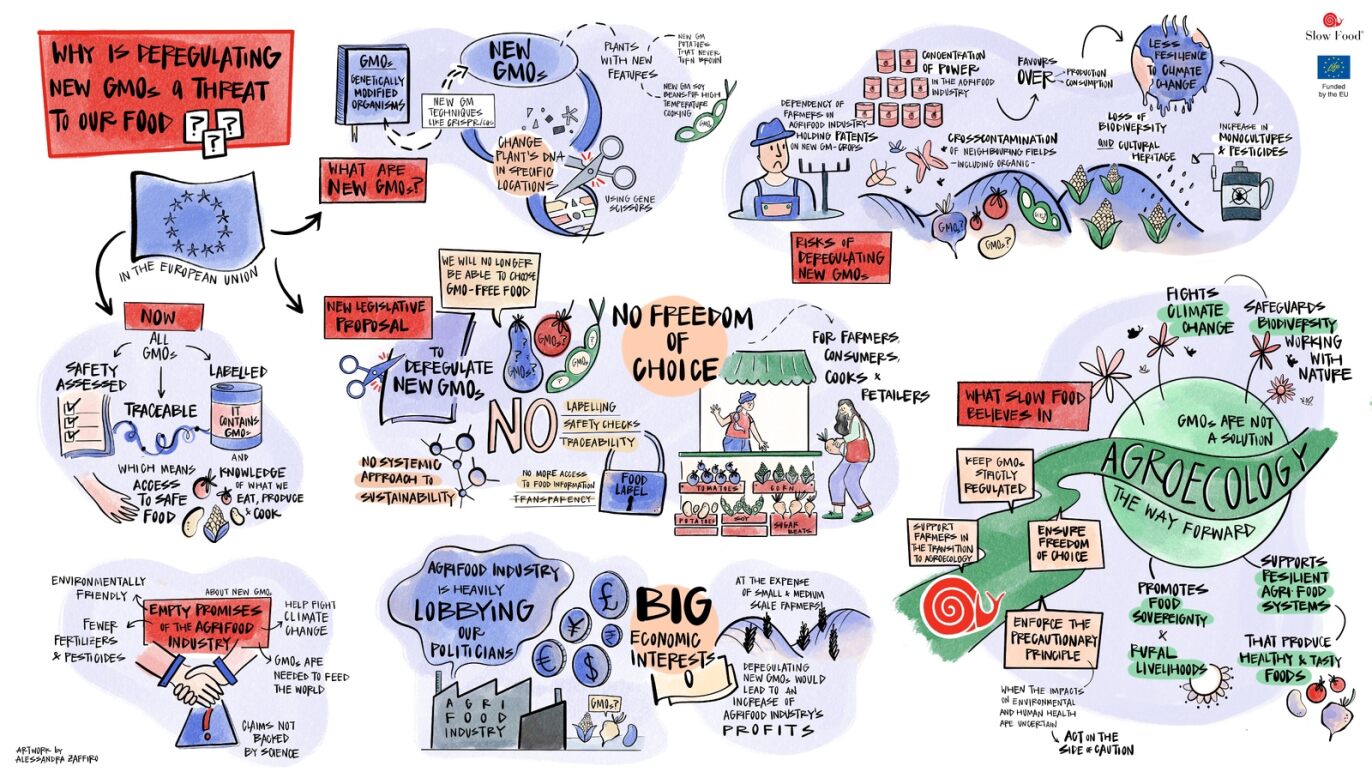Unraveling the Approval: Understanding the Risks of GMO Canola Oil for Farmed Salmon
In a surprising move, Norwegian authorities have given the green light to genetically modified (GMO) canola oil for use as feed in the country’s farmed salmon industry. This decision has sparked concerns, considering GMO canola is cultivated with a banned herbicide called glufosinate, previously pulled from the French market in 2017 due to its adverse effects on human reproduction.
The Norwegian Food Safety Authority’s Decision: Weighing the Pros and Cons
Reports reveal that the Norwegian Food Safety Authority (NFSA) sanctioned the use of GMO canola oil in the salmon industry due to its engineered enrichment withh omega-3 fatty acids, known for their health benefits when naturally occurring.
Unveiling the GMO Canola Oil: Insights into NS-B50027-4
This GMO canola oil, also referred to as NS-B50027-4, has been specifically crafted to mimic marine-derived omega-3 fatty acids. Norwegian authorities argue that this innovation is ecologically sound, as it reduces reliance on fish oil supplements in salmon feed, thus alleviating pressure on depleted wild fish stocks.
Environmental Impact: Exploring the Sustainability Narrative
Marketed as “Aquaterra” omega-3 canola oil, the product has been endorsed by Nofima, a leading Norwegian research institute specializing in aquaculture. Their studies vouch for the sustainability of this alternative feed source, emphasizing its potential to revolutionize salmon farming practices.
The Astaxanthin Conundrum: Addressing Color Enhancement in Farmed Salmon
One of the primary objectives behind incorporating GMO canola oil in salmon feed is to counteract the lack of natural pink pigment, typically derived from astaxanthin in wild salmon. This artificial enhancement aims to enhance the visual appeal of farmed salmon, aligning them more closely with their wild counterparts.
Environmental Concerns: Unpacking the Butterfly Effect
However, recent research raises red flags regarding the environmental impact of GMO canola oil. Studies indicate a correlation between genetically modified omega-3 crops and adverse effects on pollinators like butterflies. This poses questions about the potential risks posed to human consumers of GMO-fed salmon.
EXpert Insights: Understanding the Ecological Risks
Commenting on these findings, Dr. Angelika Hilbeck from ETH Zurich underscores the importance of evaluating the ecological risks associated with GMO crops. She applauds the researchers for shedding light on the unforeseen consequences of introducing novel compounds into terrestrial ecosystems.










